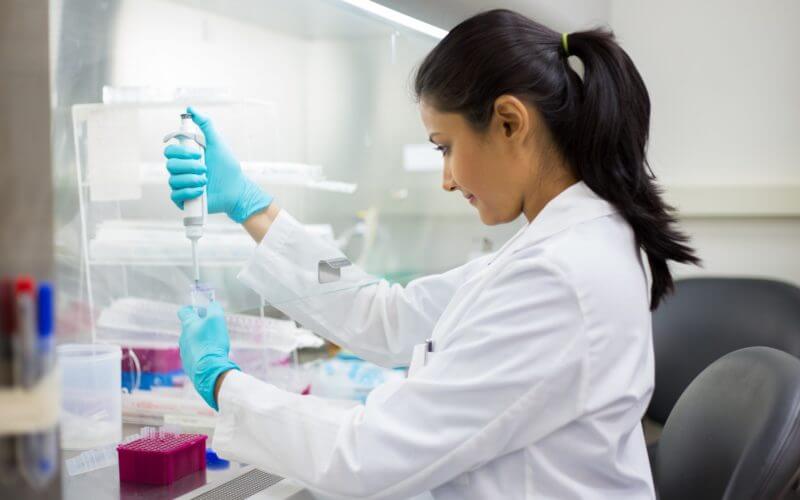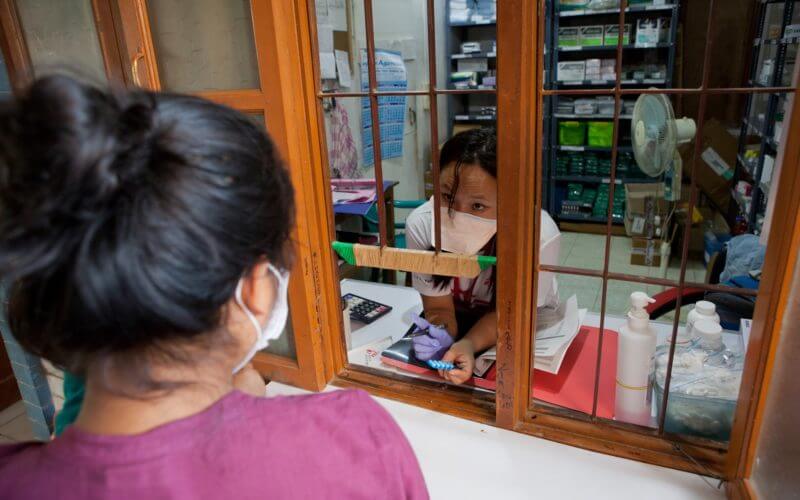Antibiotic resistance response

Overview
The discovery of antibiotics transformed our world by making previously incurable illnesses treatable and allowing medical procedures like operations and chemotherapy to be performed safely. Millions of lives have been saved and our well-being radically improved. But our time with these drugs is running out. Antibiotics have been used so extensively many are losing their ability to defeat bacteria. Antibiotic-resistant superbugs are already responsible for 1.2 million deaths a year. Without urgent action, this number is projected to increase exponentially. While new drugs have been made available, the pace of development has not kept up with the pace of resistance.
Antibiotic resistance crisis
Antibiotics are used to treat bacterial infections. Antibiotic resistance occurs when bacteria change in response to medicines and develop the ability to defeat drugs. While antibiotic resistance occurs naturally, the overuse and misuse of antibiotics has accelerated the process.
Humans use an estimated 34.8 billion antibiotic doses each year, with global consumption increasing 65% between 2000 and 2015. In the United Kingdom, 1 in 5 antibiotics are prescribed unnecessarily. In the United States, this number rises to 1 in 3. Meanwhile, 17% of the substandard or falsified medicines reported to the World Health Organization are antibiotics, which has further contributed to drug resistance.
Drug-resistant bacteria can infect anyone, of any age in any country. They lead to longer hospital stays, higher medical costs and more preventable deaths. This is why antibiotic resistance has been identified by the WHO as one of the biggest threats to global health. Discover more about the origin and science behind these drug-resistant ‘superbugs’. Learn more >
“Antibiotic resistance could lead to the end of modern medicine as we know it.”
– Dr Margaret Chan, former WHO Director-General
A lack of new antibiotics
Most pharmaceutical companies are no longer working on new antibiotics. Half of all antibiotics used today were discovered during the 1950s. Since that time, discovery and development of antibiotics has become more complex, time consuming and expensive. New antibiotics that are approved typically have short treatment durations and restrictions on their use to slow the emergence and spread of resistance. This limits their profitability. Even when new antibiotics are made available, they rarely target priority drug-resistant bacteria and are only registered for use in a small number of countries. Of the 25 new antibiotics that entered the market between 1999 and 2014, only 12 were registered in more than 10 countries.
Making bacterial infections treatable
A post-antibiotic world is not inevitable. The Global Antibiotic Research and Development Partnership (GARDP) was established by the WHO and Drugs for Neglected Diseases Initiative to accelerate the development of treatments for drug-resistant infections. GARDP is working with partners on treatments for the priority drug-resistant bacteria identified by the WHO as the greatest threat to health. GARDP brings together experience and innovation from governments, the private sectors, academia and civil society to develop treatments.
GARDP is also working with partners to ensure responsible and sustainable access to treatments for every person who needs them.

GARDP is addressing critically underfunded and unfilled gaps in the development of treatments by tracking, evaluating and contributing where others are not. Our research and development programmes are focused on new and improved treatments for babies and children, sexually-transmitted infections and serious bacterial infections in hospitalized adults. Learn more >
“Drug-resistant bacteria are jeopardizing most medical advances of the past century and pose an incredible threat to human health and wealth. At the same time, the broken economic model for antibiotics has led to the abandonment of the field by large pharma and the private financial sector. In light of these challenges, GARDP is a very important element to support the remaining companies in delivering much needed novel antibiotics to market and ensuring access to these medicines to patients in need around the world.
– Dr. Marc Gitzinger, Vice-President of BEAM Alliance and CEO & Co-founder of BioVersys



